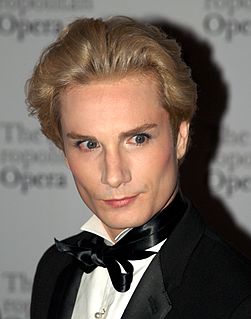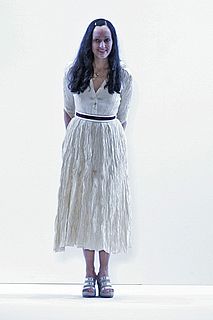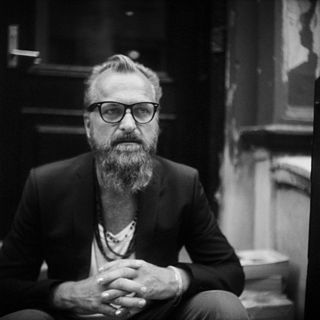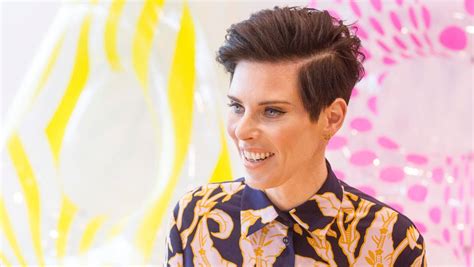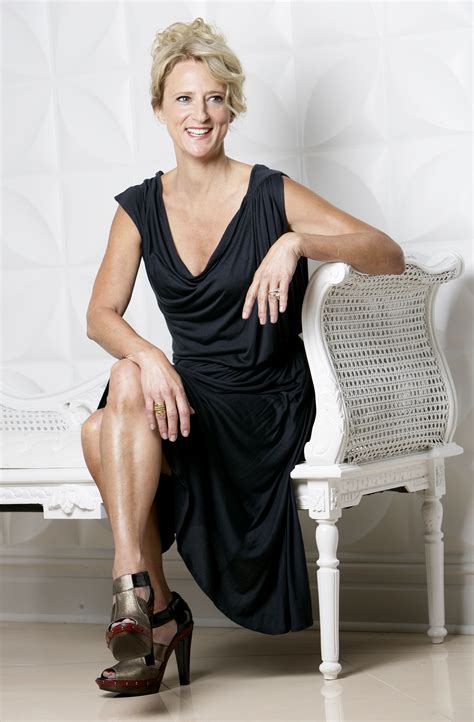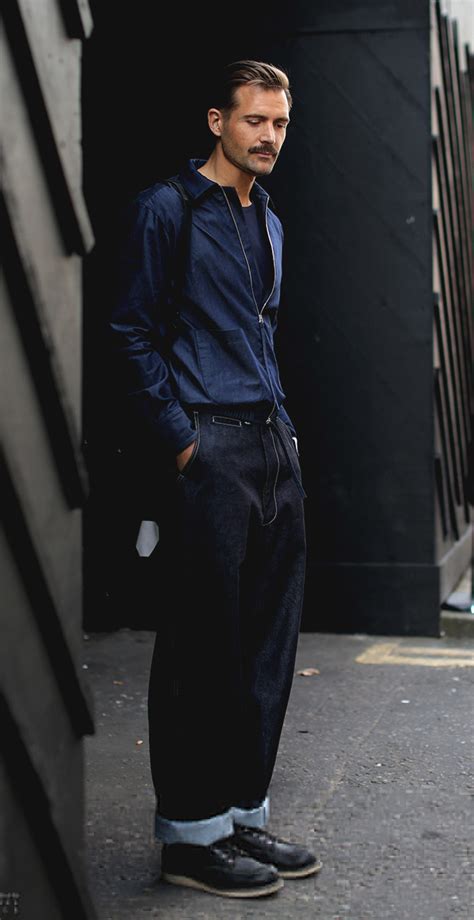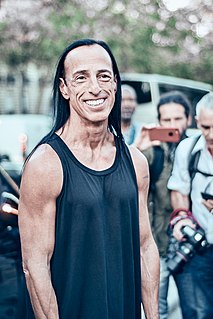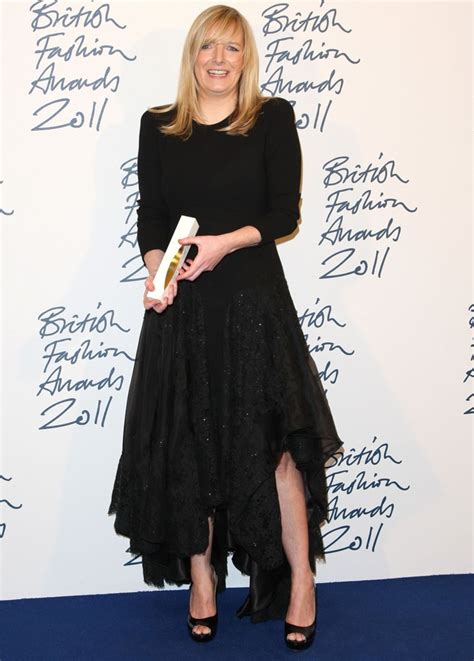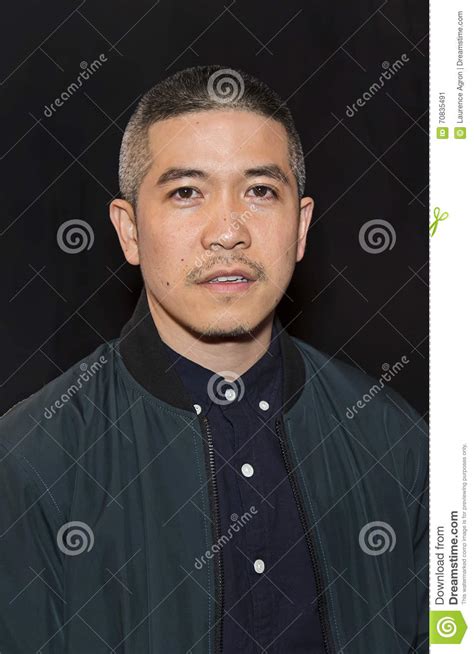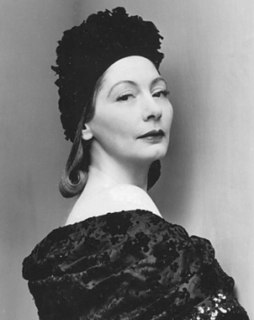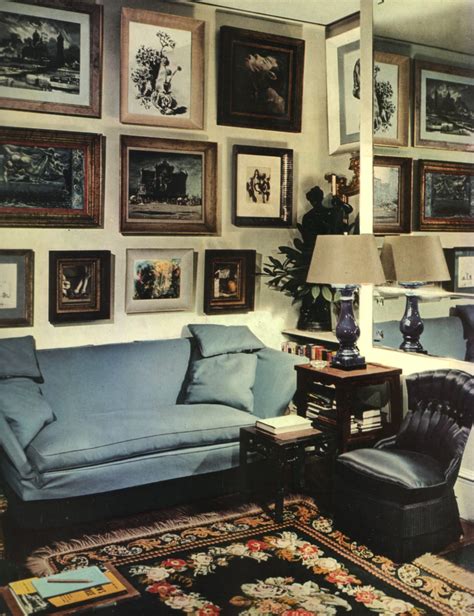Top 106 Quotes & Sayings by Riccardo Tisci - Page 2
Explore popular quotes and sayings by an Italian fashion designer Riccardo Tisci.
Last updated on November 8, 2024.
I arrived here, with a destroyed house, with nothing. I had to do everything very slowly. And with a little team and a great president, we achieved a lot. I am happy here. For now, it is still Givenchy by Riccardo Tisci, and I think that it will be for a long time, because it will be difficult to evict me from my house. I feel good here!
I started to draw and design clothes that I couldn't find, because everything was all luxury, fashion clothes or very straight. So I mixed all of that together: Who says I can't put a man in a skirt? Who says that a man can't wear lace? Who says that men can't wear Swarovski? Who says that men can't wear makeup? You know what I'm like; for me, straight, gay, women, men, trans, we're all the same. I don't see difference.
I do the final fitting because the client wants me there. They're not spoilt, they really understand that you're very busy, but they just want you to say what you think - for just ten minutes. They really want to know your opinion because it really is a service at the end of the day, a luxury service.
Even at the beginning when I arrived at Givenchy, there were certainly people who supported me, but not everyone loved me. They were saying, "Why an Italian who acts Gothic?" Never mind the fact that Italy is one of the main exhibitors of Gothic art in the world. But it was like, "No, Italians should only do sexy!"
It's super-essential. Even though I don't have a very big team, for me, the word muse may be démodé or not. I adore it, but I am also one, in my delirium, to be quite classical. For a designer - especially a male designer - he absolutely has to have that female voice by his side, which he listens to, he filters, he digests. It's a huge need, because when you see through the eyes of a man, you see a woman a certain way, and how they have little tricks of their own.
My mom always said to us, "You cannot judge anybody because of the color of skin." There were a lot of African immigrants in Italy at the time, and people would not even say hi in the street. And my mom, she would invite these people to the house. This is what I got from my mom: to not judge people because of their sexuality, their skin color, their religion, nothing.
I don't have anything against homes for the elderly, but my mom, after having nine children, after all the sacrifices, living in an apartment - it gave me anxiety. Being the only male in the family, I said, "No I can't let this happen." Therefore I signed, because I wanted to buy a house for my mom. I started at Givenchy and the whole fashion world was saying, "Couture is finished." No, couture is not finished. Couture has changed - thank goodness.
My first stage was couture. Boom. Couture. It has changed because women have evolved. Back in the day there were princesses. Today, there are still princesses, but she no longer rides around with horses and a carriage. She parties, she goes on vacation, she goes on boats. She wants to be dynamic. I understood this and I kept going. We do prêt-à-porter, men's, and couture.

